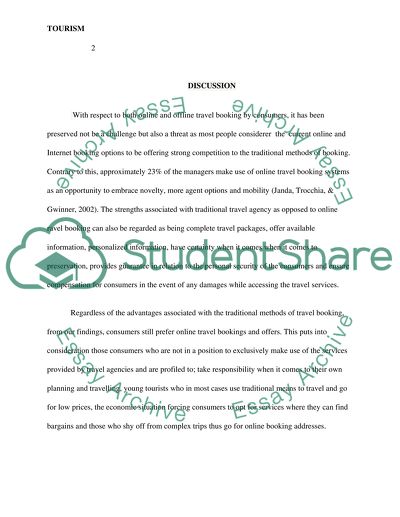Cite this document
(“The Consumer Behaviour of Latvian outbound tourists towards the online Dissertation”, n.d.)
Retrieved from https://studentshare.org/tourism/1404581-the-consumer-behaviour-of-latvian-outbound
Retrieved from https://studentshare.org/tourism/1404581-the-consumer-behaviour-of-latvian-outbound
(The Consumer Behaviour of Latvian Outbound Tourists towards the Online Dissertation)
https://studentshare.org/tourism/1404581-the-consumer-behaviour-of-latvian-outbound.
https://studentshare.org/tourism/1404581-the-consumer-behaviour-of-latvian-outbound.
“The Consumer Behaviour of Latvian Outbound Tourists towards the Online Dissertation”, n.d. https://studentshare.org/tourism/1404581-the-consumer-behaviour-of-latvian-outbound.


